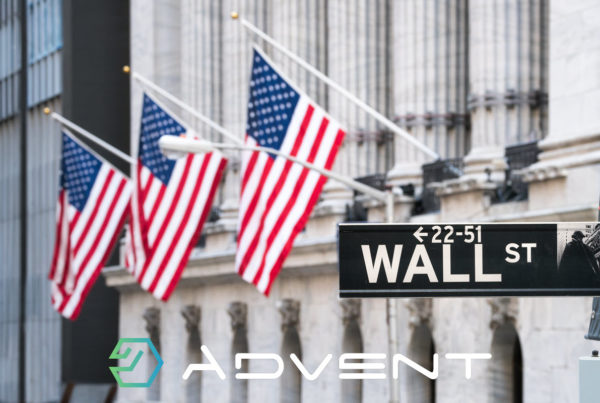
Despite the continued push from major automakers like Toyota and Hyundai, sales of hydrogen fuel-cell vehicles (FCVs) are still struggling to take off, accounting for just 0.02% of global passenger vehicle sales in 2022, as per a report by Bloomberg NEF.
Fuel-cell vehicles offer advantages such as faster refueling and extended range compared to traditional electric vehicles, however, they face significant barriers to adoption, including a lack of refueling infrastructure and the absence of mass-market applications. The report suggests that battery electric vehicles (BEVs) currently appear to be the most viable path to significantly reducing vehicle emissions.
The 15,391 FCVs sold globally in 2022 were predominantly Toyota’s Mirai and Hyundai’s Nexo models. Interestingly, sales dropped from 2021, with a notable decrease in Japan from 2,440 to 844. Most FCV purchases were made in South Korea, where the government provides substantial incentives for buying these vehicles and their hydrogen fuel.
Toyota and Hyundai remain steadfast in their commitment to hydrogen technology. Last month, Toyota Chairman Akio Toyoda personally drove the world’s first liquid-hydrogen race car in an event in Shizuoka Prefecture, in a bid to highlight the potential of this carbon-neutral fuel. Despite such promotional efforts, the current sales figures suggest that customer acceptance of FCVs is still a significant hurdle to overcome.
Read the most up to date Fuel Cell and Hydrogen Industry news at FuelCellsWorks




